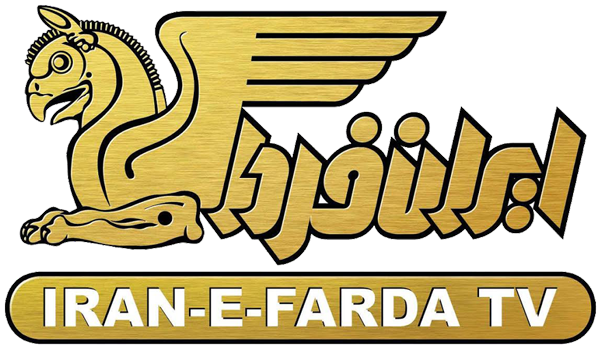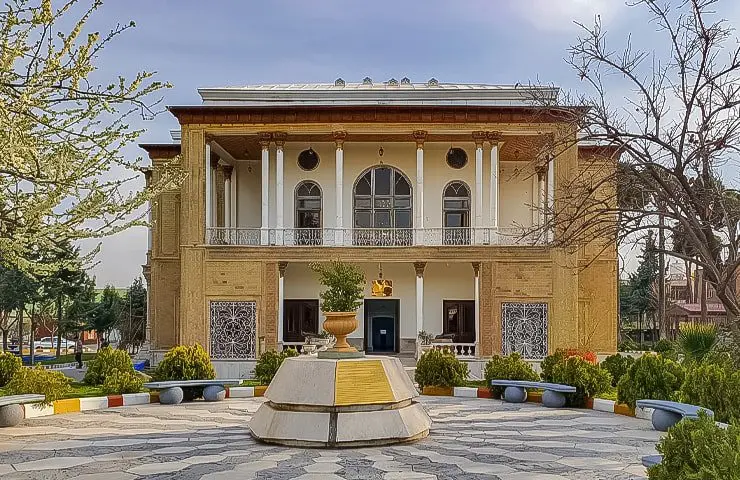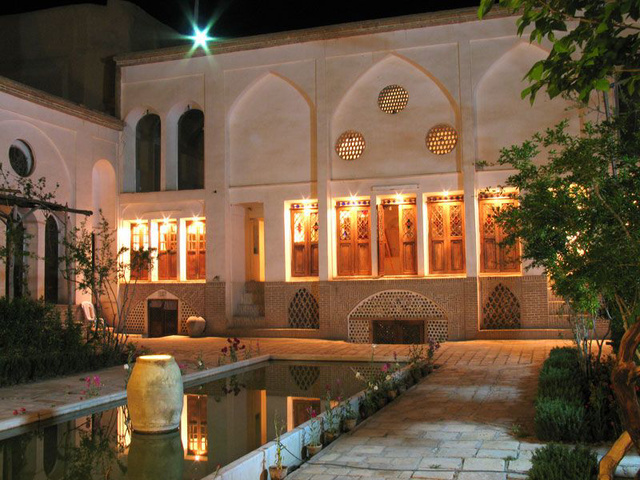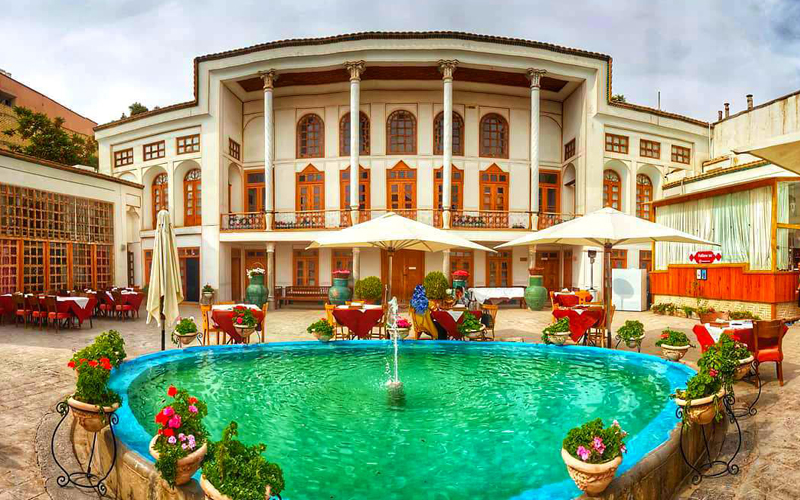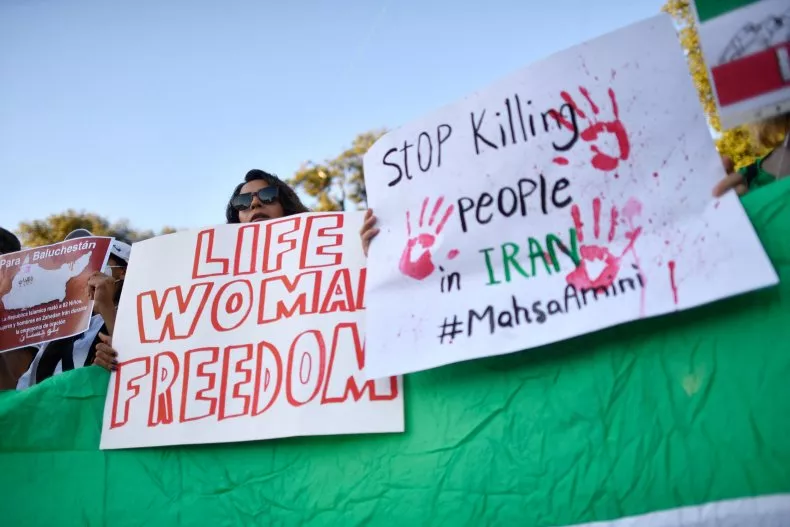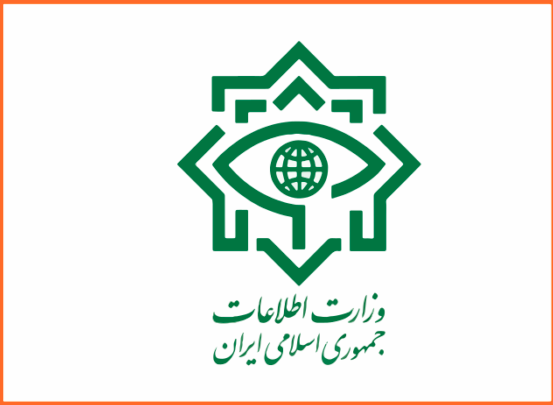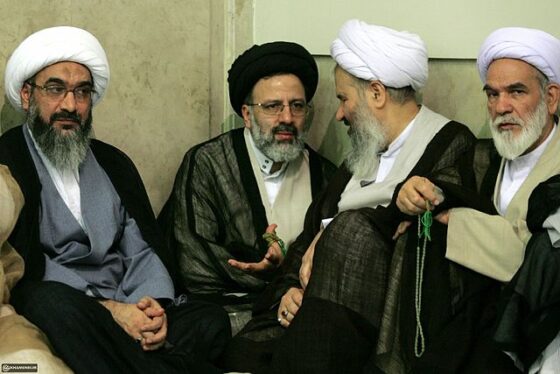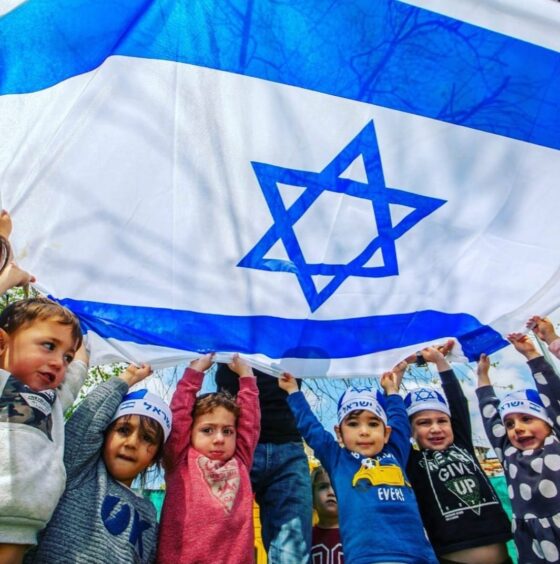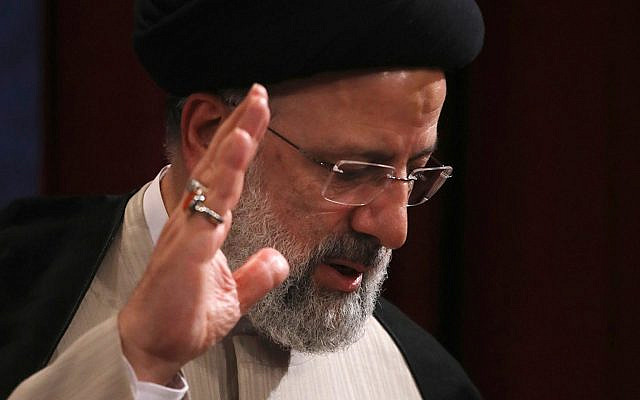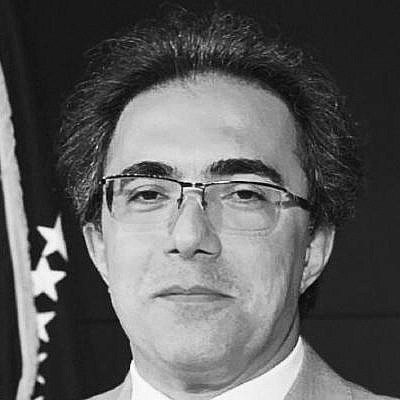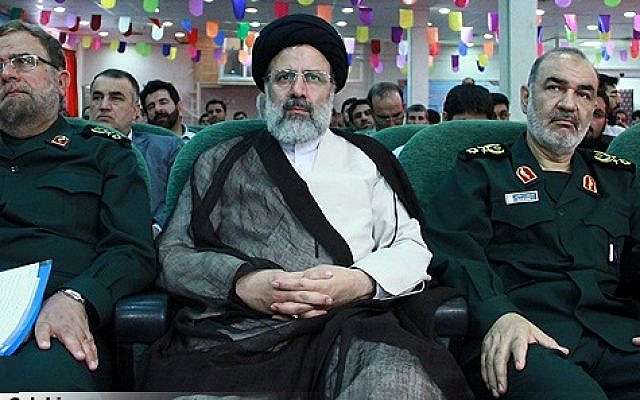Iran’s top banker says US blocking COVID-19 vaccine purchase
Published on: 2020-12-08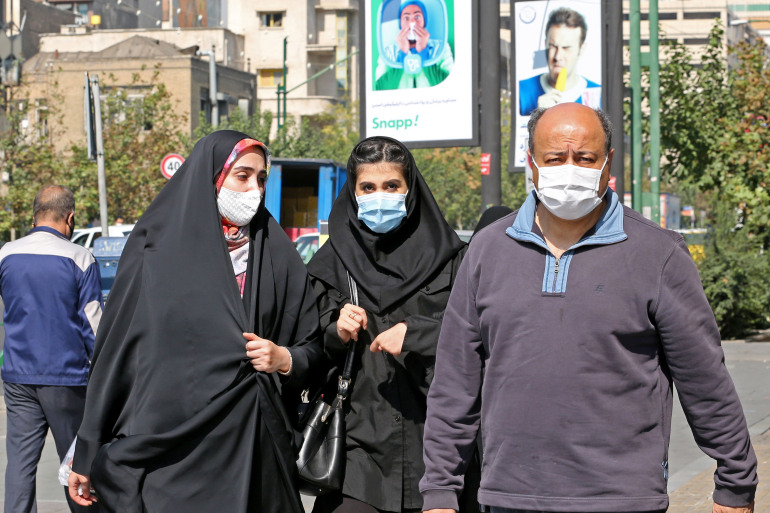
Central bank chief says US trying to prevent efforts to purchase vaccine through the WHO’s COVAX programme.
By: Maziar Motamedi – 7 Dec 2020
Tehran, Iran – The United States is actively trying to prevent Iran’s efforts to buy a COVID-19 vaccine through COVAX, a global initiative undertaken by the World Health Organization, according to the chief of Iran’s central bank.
Abdolnasser Hemmati on Monday said it must be “recorded in historical memory” that Iranian efforts to buy a vaccine through COVAX have been hampered due to money transfer issues arising due to the sanctions imposed by the US against Iran.
“So far, any methods to make payment and transfer the required currency have faced obstacles due to the inhumane sanctions of the US government and the need to obtain permits from OFAC,” Hemmati wrote in an Instagram post, referring to the Office of Foreign Assets Control of the US Treasury.
Iran, which is dealing with the largest and deadliest COVID-19 pandemic in the Middle East, announced months ago that it had become a member of COVAX in order to secure vaccines.
The WHO touts COVAX as “the world’s best hope” for tackling the pandemic in a coordinated and timely manner, and says the international initiative’s aim is to “guarantee rapid, fair and equitable access to vaccines for people in all countries”.
Iran’s official COVID-19 death toll surpassed 50,000 on Saturday as the country battles the third wave of the virus with more than a million reported cases.
Iranian health authorities say the real numbers are likely to be more than twice the official figures.
After unilaterally reneging on Iran’s 2015 nuclear accord with world powers in May 2018, US President Donald Trump has imposed waves of economic sanctions on Iran.
The Trump administration’s “maximum pressure” campaign against Tehran has since seen the blacklisting of the entire Iranian financial sector.
The sanctions, which have also targeted the Iranian central bank, have had a documented impact on Iran’s access to vital medicine in the past three years.
Iranian authorities have repeatedly said they consider the sanctions an instance of “economic and medical terrorism” against the Iranian people.
The US has refused requests by its traditional allies in Europe and human rights groups to lift the sanctions during the coronavirus pandemic.
‘US pressure and threats’
Hemmati also described how Iran’s efforts to buy a vaccine are being blocked by the US through other corridors.
According to the central bank chief, Iran’s efforts to spend its funds blocked in South Korea to pay for the vaccine have also been rejected by the US.
Iranian officials say about $7bn of the country’s reserves in South Korea, a major buyer of Iranian oil before the sanctions were imposed, remain frozen.
South Korea has failed to move them for fear of US reprisal, despite repeated Iranian calls.
Hemmati said “pressure and threats by the US” have also led the International Monetary Fund to stymie Iran’s request for a loan.
“Despite acceding to Iran’s right and existence of no economic or legal barriers, the IMF didn’t even dare raise Iran’s request for a humanitarian loan at the fund’s board of directors,” Hemmati wrote.
In March, when the first wave of the pandemic was ravaging Iran, leading to massive lockdowns, the country asked for an emergency $5bn IMF loan that was blocked by the US.
Iran ultimately resorted to tapping into its sovereign wealth fund for one billion euros ($1.21 bn) to fight the pandemic.
Hemmati said Iran is pursuing “other paths” to pay for the vaccine and is in negotiations with other countries. He added that efforts to produce a vaccine locally are “promising”.
